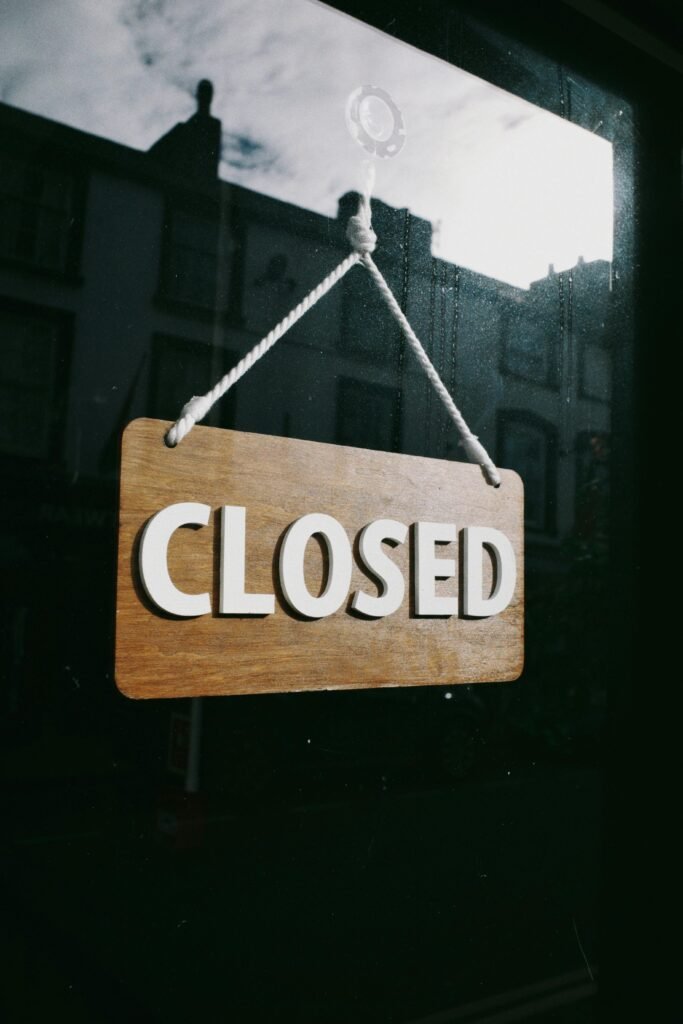The world has changed in ways we couldn’t have imagined just weeks ago. London, typically bustling with life, has fallen eerily silent. The once-crowded corridors of UCL now echo with absence. I remain in my university accommodation, watching spring unfold through my window rather than on walks through Regent’s Park.
My lectures have migrated online—disembodied voices and pixelated faces attempting to discuss complex business frameworks while the world outside grapples with far more immediate concerns. There’s something almost absurd about analyzing market strategies while markets themselves are in freefall. Camus would appreciate the irony.
The strangest part of this isolation is the quality of time. Hours stretch and compress unpredictably. Monday blends into Wednesday into Saturday. With the external structures of life suddenly removed, I find myself confronting a peculiar freedom—one born not of choice but circumstance.
In this suspended reality, I’ve begun keeping what I call a “free diary”—an unstructured collection of thoughts, observations, and fragments of poetry. It’s not meant for anyone’s eyes but my own, which perhaps allows for a level of honesty I’ve previously avoided. Below is a poem I wrote last night, during that strange liminal hour when the city outside had fallen completely silent:
Hush-a-bye, hush, go to sleep,
Darkness creeps below the sill,
Should you wake or dare to peep,
Then the castle haunts you still.In a corner, gloom concealed,
Something stalks with scraping claw;
In the depths ’neath stone revealed,
It devours the young it saw.If you wander through the keep,
Lured by whispers bleak and clever,
Then its tail, in silent creep,
Drags you to its depths forever.
And here it is in Russian:
Баю-бай, засыпай,
Тьма крадётся под окном.
Если вдруг не спишь, дитя,
Замок станет страшным сном.Там в углу, в темноте,
Ходит тварь, когтём скребёт.
Там в подвалах, в глубине
Деток малых оно жрёт.Если вдруг пойдёшь ты по замку,
Посмотреть, что же шепчет тьма,
Оно схватит хвостом тебя за ногу
И утащит к себе навсегда.
There’s something strangely calming about writing during crisis. As external certainties dissolve, words offer a structure of their own. Each sentence creates a momentary order within chaos.
What unsettles me most isn’t the virus itself but the sense of fundamental uncertainty it has unleashed. We’ve always lived with an illusion of predictability—that tomorrow will broadly resemble today, that our plans have meaning, that the systems we’ve built are substantial rather than gossamer. Now that illusion has been dispelled, and we’re left facing the raw contingency of existence.
Dostoevsky wrote that suffering is the sole origin of consciousness. Perhaps that’s why I find myself more alert now, more present, even as anxiety circles like a restless current beneath everyday thoughts. There’s a heightened quality to perception when the familiar becomes strange. The morning light on my desk, the distant siren echoing between buildings, the ritual of making tea—all take on an unexpected poignancy.
I don’t know how long this strange interlude will last, or what world awaits on the other side. For now, I’m learning to inhabit uncertainty rather than flee from it. And I’m writing—not to make sense of what’s happening, exactly, but to bear witness to it, to leave some small mark of consciousness upon these extraordinary days.
“In the midst of chaos, I found there was, within me, an invincible calm.” (Adapting Camus, who remains a steady companion these days)
